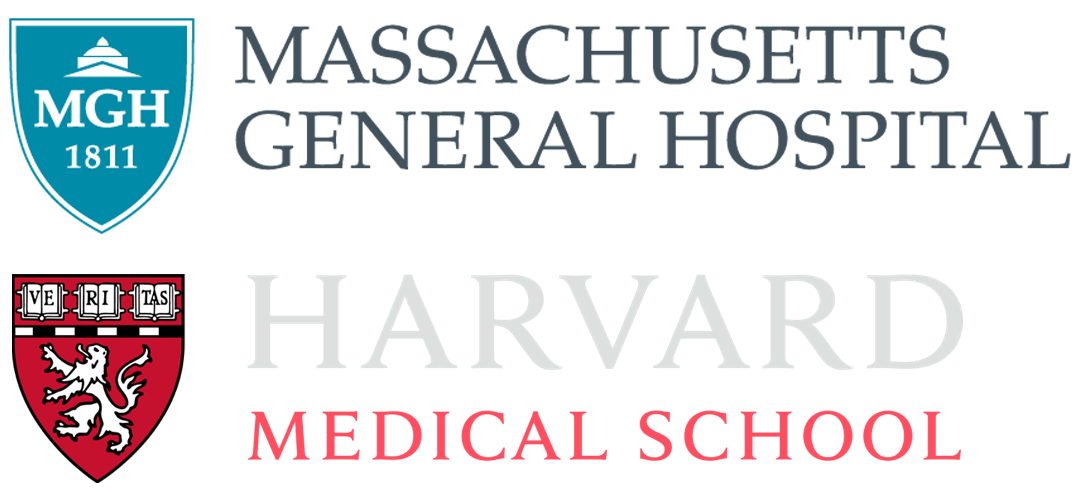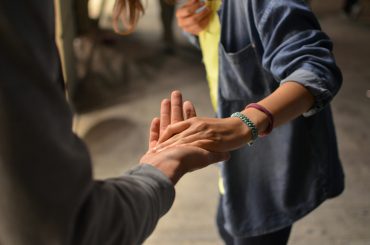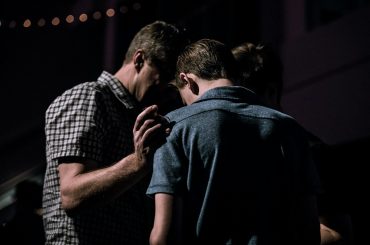Recovering from addiction is hard. For most individuals with substance use disorder, in spite of their best efforts, relapse risk remains high. The first year of recovery is particularly difficult. Meetings, therapy, and medications are effective for many. However, others struggle to get traction in recovery, even while engaging in these traditional treatment approaches.
This vulnerability may be in part explained by our reactivity to environmental and emotional triggers. These triggers often feel like they came out of nowhere and can lead to substance use relapses. This is because environmental and emotional triggers can bypass our conscious intentions not to use. We are even more vulnerable to these kinds of automatic reactions when chronically stressed, anxious, or depressed.
First-line addiction treatments like Cognitive Behavioral Therapy (CBT) target these vulnerabilities at brain level. Yet no current treatments address the direct nervous system vulnerabilities underlying this reactivity.
New Innovative Treatment
A new treatment known as Heart Rate Variability Biofeedback shows promise in addressing this vulnerability. This innovative treatment reduces people’s reactivity to environmental and emotional triggers. Heart Rate Variability Biofeedback has already been used for over a decade to help people with depression and anxiety manage intense bouts of negative emotions. Promisingly, several studies have also shown that the treatment can reduce craving and substance use in early addiction recovery.
Heart Rate Variability Biofeedback is a breathing-based intervention. Patients learn to breathe at special frequencies, reducing the body’s autonomic ‘fight or flight response’ and increasing its ‘relaxation response’.
Randomized Controlled Trial
At Massachusetts General Hospital/Harvard Medical School we are conducting a randomized controlled trial of this intervention. This trial is focusing on substance use disorder and is currently recruiting participants.
Upon joining the study, individuals are randomized to receive either 8 weeks of Heart Rate Variability Biofeedback training using a wearable bio-patch and smartphone app, or no intervention. All participants also complete 8 weeks of twice-daily mini-surveys on their smartphones about their moods.
Regardless of the study group assigned, all participants are encouraged to continue any treatments they’re currently engaged in. We do ask participants not to initiate any new kinds of treatment while in the study.
This is a fully remote study and there are no required trips to a study site. We ship equipment to those in the Heart Rate Variability Biofeedback group, and all participants complete a baseline and end-of-study assessment session via Zoom.
Compensation and Eligibility
There is no cost to participate in this research. Participants are compensated between $250 and $350 for completing the study, which is paid by Visa gift card. To be eligible for this study, you must be 18+ years of age, and in a current substance use disorder recovery attempt.
If you’re interested in learning more about the study or participating, visit the study website, or reach out to us at (617) 732-8140 or MGHAddictionBiofeedbackStudy@mgh.harvard.edu. You can also pre-screen for study eligibility here.






